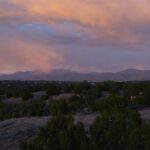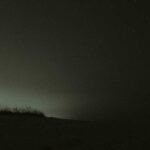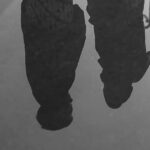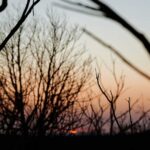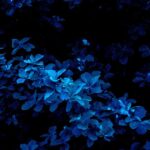BROOD
★ ★ ★ ★
FOR THIS SEASON
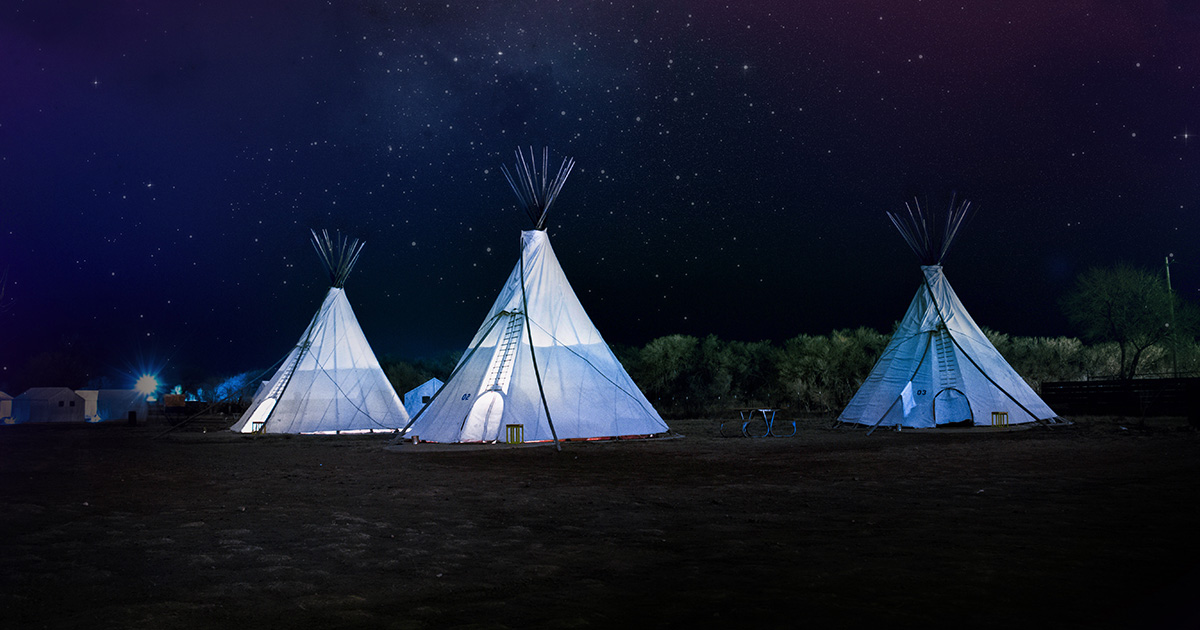
By Robert Taylor
Indigenous.
A word that always brought a bad taste to my mouth. As I watch fall whipped into winter—the season becoming shorter as I get older—this word indigenous returns. It returns as an adjective, a way to describe people who are living and breathing and thinking and dreaming. A word used to describe people who also cry when they are hurt, who also smile when they can’t help but feel happy, who also desire to be loved. But then that word again…indigenous, staining all of our lips who say it even when we do it politely. A plant should be indigenous, a species of insect, not a human being. I feel it’s more than just an ‘othering’ of people, a negative connotation, it’s a pat on the back for imperialism. A look at history as if it were a funny story or too “long ago” to remember. Less than 5 million people—making up only 1.5 percent of the population—who have history and tribes from all over the continent forgotten and lost are still grouped together, named and labeled as one type of person as if their diversity never mattered. Indigenous. A word only brought up as a footnote for the seasons. I guess it’s hard to forget about atrocities while stuffing turkey in your face.
But then again maybe I am speaking out of my own ass. Maybe I am also part of the problem. How many people do I know who have North American tribe ancestry? What do I know about being indigenous? Or having that word used to describe me; as if I were an artifact or an animal. Even now I think, how can I speak on such oppression when I will never feel the severity of it? Looking at it through my perspective. What about all the Thanksgivings I enjoyed, the Columbus days I jovially escaped school, the games I rooted for the Washington Redskins to win? What about the parties I attended where I pretended not to notice the “Sexy Indians” running around? Girls older than me shivering drunk, laughing hard, barely dressed with feathers in their hair— streaks of paint on their face. They were white, they were black, it didn’t matter they weren’t Native American; they didn’t care.
I think that bothers me the most the older I get, the “Sexy Indian” costume. A way to show breasts and leg despite knowing the history of this particular group of people. I loathe this costume the more I see it, my mind races thinking of reasons for why someone would think this is still a good idea. Especially in upstate New York, where I went to school, which had such a vibrant history. I never once heard, “Hey let’s dress as people protesting the pipeline. You know, dressing in normal clothes and speaking up against oppression.” No, instead it was the “Sexy Indian”. There is nothing sexy about this. Is it sexy because you can take off this sexualized perception and go back to your reality? According to the Justice Department, Native American women have a much higher rate of sexual assault than any other race; almost twice the average. It is worthy of being considered heinous, dressing as a caricature of people who were murdered and moved off their land, sexualized and played for jokes and laughs. I can only imagine the feeling of a young woman living on a reservation seeing the outside world accessorize with what history said made you primitive.
But then again I know my anger is only because I too will go on with my life. Selfishly accepting that we live in a country where hundreds of diverse cultures and languages are treated like they never happened. I look at the snow smothering the ground and I imagine the thousands that must’ve died in the blistering cold, shivering with diseases that were foreign to them. I look as the naked trees shimmy away the last of their brown leaves and I imagine generations of men and women forced to assimilate to a world that treats them like aliens on their own land. I want to do better, know more, say more. But I am part of the problem.
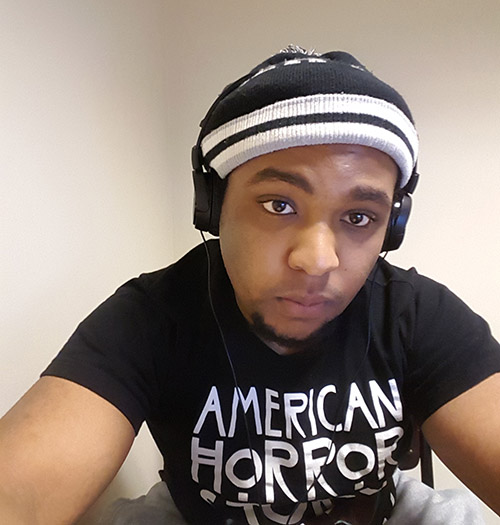
Robert Taylor is a student, who is pursuing his passion for writing. He loves all genres of writings and films, but has a soft spot for weird science fiction, finding inspiration from writers like George Saunders, Laurie Anderson, J.G. Ballard and countless others. He also has a degree in Criminal Justice. He lives in Long Island, New York.

DEAR READER
At The Wild Word we are proud to present some of the best online writing around, as well as being a platform for new and emerging writers and artists.
If you have read the work in The Wild Word and like what we do, please put something in our tip jar.
THANK YOU FOR YOUR SUPPORT!



